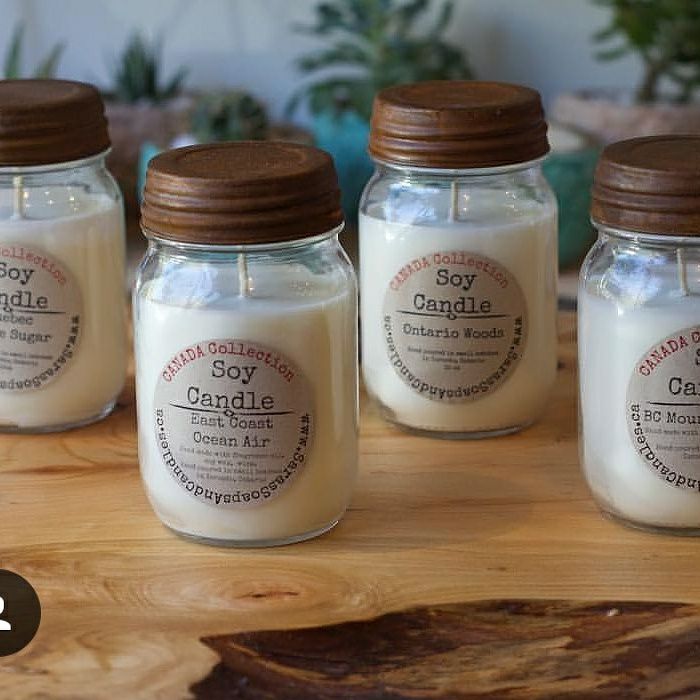I want to introduce you to two women. Two incredibly determined and talented women, who, although worlds apart, are strikingly similar.
Rabika
The first is Rabika. I’ve never met her, but from what I’ve learned she is driven and committed to success, both for herself and her community.
Rabika lives in a small, remote village in Nepal where she runs a mushroom business and is pursuing a bachelor’s degree. This is no small feat in the best of circumstances, but is especially true for Rabika.
Her community was formed only a few decades ago by a group of former slaves who had gained their freedom from bondage slavery. Because the land wasn’t theirs, one of the hurdles this group needed to overcome was finding alternatives to traditional farming. They needed other ways to support themselves that didn’t rely on property rights. Mushroom farming allowed Rabika that opportunity.
Four years ago, Rabika’s community began a mushroom cultivation group. Since its outset, the group has been able to quadruple the quantity of mushrooms they produce, allowing the participants greater financial stability and the ability to contribute to the well-being of their community. Rabika advised that the income from her business “helps with the cost of education”.
Sara
The second woman is Sara. She lives halfway around the world from Rabika, in a large metropolitan city, but the two women have a surprising amount in common.
By day, Sara works as a law clerk in the incredibly fast-paced financial district of Toronto. By night, however, she becomes a creator and entrepreneur
. Two years ago, Sara started making soaps and candles. At first it was a hobby: trading her creations through an online community, for anything from meals to home furnishings.
“Making soaps and candles became a release for me, I enjoyed how creative I could be, experimenting with new scents and molds.”
 A sample of Sara's products.
A sample of Sara's products.
Through the support of her online and offline community, though, Sara soon realized that her hobby was transforming into a passion – one that empowered her to not only express herself but to increase her financial independence.
Today, Sara has developed numerous partnerships within the small business community and, as a result, you can find “Sara’s Soaps and Candles” in several stores across the Greater Toronto Area.
The power of partnership
It’s the values that these women represent - community partnership and support, commitment to long term goals and the determination to succeed - that lead to the creation of the
Village2Village movement.
While both women possess the skills and qualities needed to succeed, Rabika’s community faces additional challenges. Resources like raw materials and training are a few of the obstacles her community is working to overcome. The
Village2Village movement is helping provide these items.
Like Rabika’s success,
Village2Village is about more than one person’s achievements. It’s about the success of this developing community on a whole. Rabika said it best, when she told World Vision, “This income gives me hope for the future.”
Rabika represents the belief that through a series of small but important victories, sustainable change is possible. Seeing this same value reflected in Sara’s life time and time again, I know that she would agree.
Partner with us, with women like Rabika, and with her community, to bring sustainable change to communities around the world.